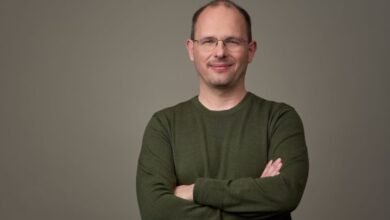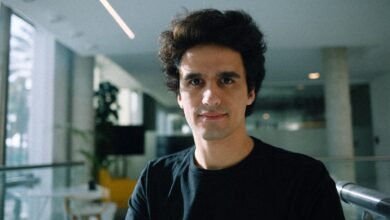First AI Coding Challenge Results Reveal Major Flaws

▼ Summary
– Eduardo Rocha de Andrade won the first K Prize AI coding challenge with a score of just 7.5%, earning $50,000 for his performance.
– The K Prize is designed as a harder, contamination-free alternative to SWE-Bench, using timed entries and fresh GitHub issues to prevent benchmark-specific training.
– Andy Konwinski pledged $1 million to the first open-source model scoring over 90% on the test, emphasizing the need for challenging benchmarks to advance AI evaluation.
– The K Prize’s low scores contrast sharply with SWE-Bench’s higher results, raising questions about contamination or the difficulty of using new GitHub issues.
– Researchers like Sayash Kapoor support creating new tests to address AI evaluation problems, as current benchmarks may be too easy or contaminated.
The inaugural results of a groundbreaking AI coding competition have exposed significant gaps in current artificial intelligence capabilities. The K Prize, a rigorous benchmark challenge co-founded by Databricks and Perplexity executive Andy Konwinski, crowned its first champion with a shockingly low success rate, just 7.5% of test questions answered correctly. Brazilian prompt engineer Eduardo Rocha de Andrade claimed the $50,000 prize, highlighting how far AI systems still have to go in solving real-world programming challenges.
Unlike conventional coding benchmarks that allow models to train on fixed datasets, the K Prize deliberately prevents contamination by using only GitHub issues reported after its March 12 submission deadline. This approach creates a tougher, more realistic assessment of how AI handles unfamiliar problems. Konwinski emphasized the importance of difficulty, stating, “Benchmarks should be hard if they’re going to matter.” The competition specifically favors smaller, open-source models by operating offline with limited computing power, a deliberate move to democratize the field.
The stark contrast between the K Prize’s 7.5% top score and existing benchmarks like SWE-Bench, where leading models achieve 75% on easier tasks, raises critical questions. Researchers speculate whether previous benchmarks were compromised by targeted training or if fresh, untested GitHub issues simply present greater complexity. Princeton scientist Sayash Kapoor supports the need for contamination-free evaluations, arguing they reveal whether performance gains stem from genuine problem-solving or strategic optimization.
Konwinski has committed $1 million to the first open-source model surpassing 90% accuracy, framing the challenge as both a technical milestone and a reality check for AI hype. “If we can’t crack 10% on a clean benchmark,” he noted, “claims about AI replacing engineers seem premature.” As the competition evolves with regular rounds, organizers anticipate clearer insights into AI’s true programming prowess, and whether current limitations stem from flawed testing or fundamental capability gaps.
The results underscore a growing consensus in tech circles: as AI applications expand, rigorous, unbiased evaluation methods are essential to separate marketing claims from measurable progress. With major players yet to participate, future K Prize rounds may reveal whether advanced models can adapt, or if the industry needs entirely new approaches to benchmark AI’s real-world utility.
(Source: TechCrunch)




